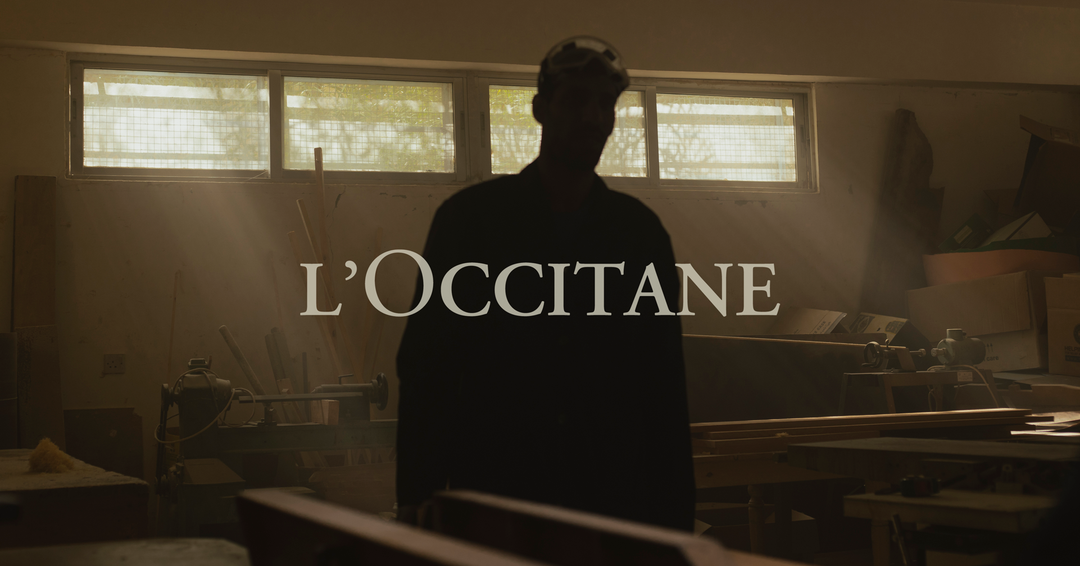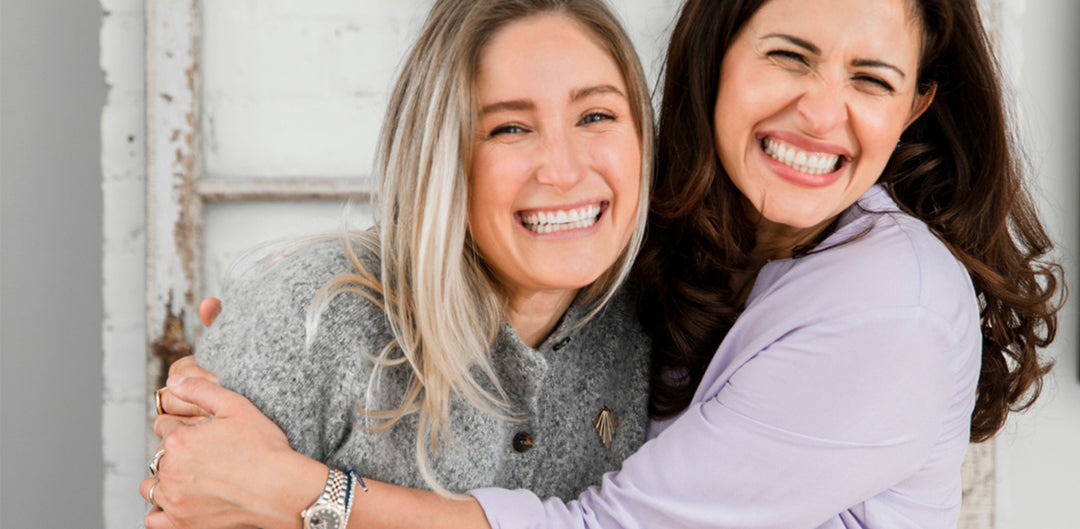Sips with Sitti: S1 E5: "Why Do We Care About CBOs?"

Social Enterprise - Community-Based Organization (CBO) Partnership Checklist:
- Identify your needs as a social enterprise - would a CBO partnership benefit you and help fulfill your needs in pursuit of your own mission and goals?
- Look for community-based and refugee-led organizational partners.These organizations will undoubtedly have the most intimate insights into the community and their needs.
- Make sure a prospective CBO partner aligns with your mission and vision (and vice versa).
- Learn about the needs of the prospective CBO partner. What do you bring to the table in order to help fill those needs? Also, how does the prospective CBO partner fulfill your needs that you identified earlier in the process?
- Ask the right questions when learning about the CBO (ex: What’s your capacity to scale? What’s your capacity to source raw materials?)
- Manage your expectations. CBOs are small, and are often working with limited capacity and funding. Keep this in mind, but do not let it make or break your decision to work with them. CBOs exist for a reason: they are created and managed by mission-driven, motivated community members who are eager to contribute and work hard to accomplish their goals. Short-term, you may provide a lot of training and support. Long-term, you could have a dedicated, passionate and skillful team whose drive surpasses any other.
- Once you have a clear idea about everyone’s needs and you’ve asked all the questions, establish the parameters of what your agreement is going to be with the CBO. What deliverables will be expected of each other, and within what time frame?
- Hire someone “on the ground” who closely understands the community, and who is able to communicate with the CBO on a regular basis.
- Have annual or semi annual discussions about the partnership parameters and make any updates or changes based on changing circumstances of either partner involved.
- When something big happens (like a pandemic), talk to your CBO immediately to learn about their needs and challenges and how you may be able to help or refer support.
“CBOs are the first line of defense in any crisis that the community experiences. They’re the first people someone goes to if they have an issue in the community. They are also the first ones to lose [donor] funding.” (Jackie on the funding shortfall that a lot of community-based organisations experience, and the effects of the pandemic on CBOs and the community.)
“We started out by connecting with Jerash Rehabilitation Centre carpentry workshop, and we thought, what is a better way to collaborate with them than creating these soap dishes which you can place in your home? This started our relationship with Hassan who is the lead carpenter in the making of these dishes.” (Noora talks about the story of Sitti soap dishes and the evolution of Sitti’s relationship with CBO partner, Jerash Rehabilitation Centre)
“Sitti was the only resource at the end of the day for the [Jerash camp Community-Based] Rehabilitation Centre [in 2020], due to the fact that they lost 100% of their donor funding. That means they have to rely on a completely different funding stream. They are not relying on donor funding anymore.They are relying on social enterprise funding. And that’s why we’re always advocating for diversifying income streams for these CBOs, so when something big happens like the pandemic, you still have a source of funding.” (Jackie discusses the importance of continuing the work of social enterprises, and the funding challenges that CBOs face in the wake of the COVID-19 pandemic.)
“...We work as a part of a larger community. The work that we do impacts the different touch points in multiple streams. Whether it's the women making the soap, or the carpenters, or the farmer we’re sourcing the olive oil from, when you’re supporting small businesses like ourselves, you’re not just supporting us, you’re fueling the ecosystem that we’re part of.” (Noora examines moving away from the charity only mentality, and how to empower communities to not only rely on donor aid.)
“We make conscious decisions in the partnerships we make. When we feature them [CBOs or other social enterprises] or collectively come together, that’s because we understand the larger collective role we are doing when partnering with these CBOs.” (Noora on the importance of collaborating with other social enterprises and CBOs.)
“It comes down to how far you want your dollar to go? If you want to give a dollar towards something, do you want that dollar to stop at some sort of emergent aid that’s ultimately not going to help build a greater system of collective self-reliance? Or do you want to build a system of self-reliance? So at the end of the day, that dollar is really becoming five dollars, and that’s really what it’s all about.” (Jackie talking about how to contribute to community self-reliance through conscious consumerism. )

About the Author: Jackie Sofia is a Co-Creator of Sitti Social Enterprise. She is also the Head of Communications and Head of Impact at Sitti. She has over a decade of experience working with refugee communities in the non-profit and social enterprise space.
SHOP THE BLOG







Leave a comment